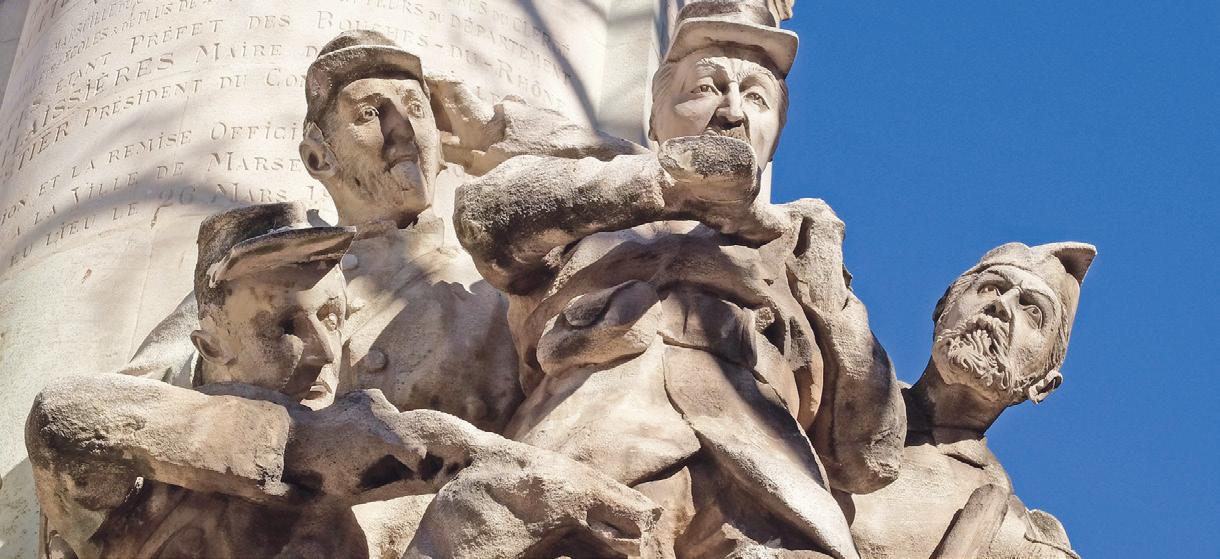
2 minute read
English A - Literature
Group 1
Course outline
The IB Diploma offers you the chance to explore the diversity of world literature alongside more familiar works by British authors.
IB English has diversity at its core, offering you the chance to study a wide range of literature from across many different historical periods and regions of the world. You will explore texts in translation, whether they be are modern Japanese novels by Banana Yoshimoto and Haruki Murakami, or more well-known authors such as Franz Kafka and Henrik Ibsen.
Woven through the course are a number of works written originally in English. We read and study modern novels such as ‘Purple Hibiscus’ by Chimamanda Ngozi Adichie or ‘The Reluctant Fundamentalist’ by Mohsin Hamid, as well as more familiar works by Jane Austen or Shakespeare. There is a ‘free choice’ category where we can bring texts in to the course which resonate with current debates: for example, current IB students are studying ‘Why I Am No Longer Talking To White People About Race’ by Reni Eddo-Lodge, exploring its ideas about racial politics and the rhetorical strategies that underpin such a provocative and brilliant essay. The ethos of the course is inclusive, reflecting the breadth and richness of all that literature can mean and has meant through the ages.
You will record your responses to the works we study, building them into a Learner Portfolio. Creativity and flexibility are central here: a response can be a mindmap, a picture or a video recording as well as a written essay. You are encouraged to read the texts we study through a number of ‘lenses’, allowing them to be seen from different perspectives.
The course is divided into four assessed elements at Higher Level and three at Standard Level. For Higher Level, there is a single piece of coursework comprising a 1500 word essay. One major element of the IB is its focus on oral assessment and for both HL and
SL you will lead a discussion on two extracts you have selected which reflect a global issue. The course ends with two examination papers, one involving the analysis of an unseen, the other comprising a comparison of two works. There is no coursework at SL.
Central to the assessment structure of the IB English course is the freedom of choice you have as to what texts are assessed at what stage of the course. You can choose which books you want to use for the various assessments, the only rule being that you cannot use the same text twice. This flexibility, along with the fact that you will study significantly more texts than you are assessed on, gives the course its distinctive lightness of touch.
The course structure is as follows:
1. Higher Level coursework essay: 20%. 1500 words on a work of your own choice. HL only.
2. Individual Oral Assessment: 30% SL, 20% HL. A 10 minute presentation on two extracts, one of which must be in translation, seen through the lens of a global issue, such a technology, power, justice or the environment.
3. Examination Paper 1: 35% SL, 35% HL. A written guided literary analysis of two unseen passages from a wide range of possible forms, including reportage, autobiography and travel writing. SL: you will choose one of the passages to analyse. HL: you must analyse both.
4. Examination Paper 2; Comparative Essay: 35% SL, 25% HL. The paper consists of four general questions focussing on the methods and concerns of literary texts. You will choose one question and use it to compare two of the works you have studied.










